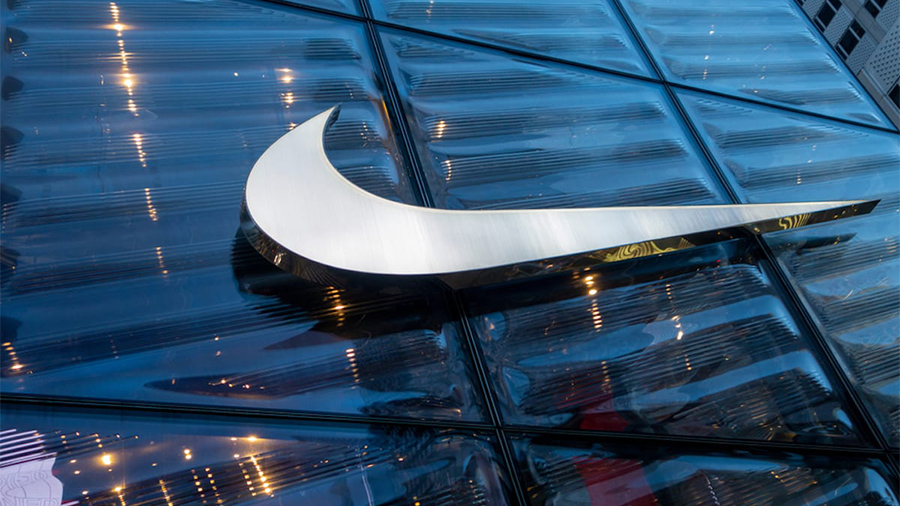 Nike is exploring the use of AirCarbon, a carbon-negative biomaterial produced by microorganisms from the ocean through a partnership with Newlight Technologies.
Nike is exploring the use of AirCarbon, a carbon-negative biomaterial produced by microorganisms from the ocean through a partnership with Newlight Technologies.
AirCarbon is currently used in fashion applications as a carbon-negative substitute to plastic and leather, including for eyewear, wallets and bags. Nike will explore the use of AirCarbon in a variety of applications to advance its mission “to create products that are better for athletes and the planet.”
“AirCarbon offers an opportunity to further reduce our impact on the planet,” said Nike Inc.’s Chief Sustainability Officer Noel Kinder, shown right. “Materials account for 70 percent of Nike’s total carbon footprint, and we’re accelerating our efforts and exploring new opportunities in this space because, in the race against climate change, we can’t wait for solutions, we have to work together to create them.”
Newlight said it uses naturally occurring microorganisms in the ocean that eat air and greenhouse gases and converts it inside of their cells into AirCarbon—an energy storage material, also known as polyhydroxybutyrate (or PHB), that is approximately 40 percent oxygen from the air and 60 percent carbon from greenhouse gas by weight. AirCarbon is certified carbon-negative by SCS Global Services, resulting in a net reduction in CO2e in the atmosphere through production and can be melted into a range of forms from fiber and sheet to solid shapes.
Photo courtesy Nike
















